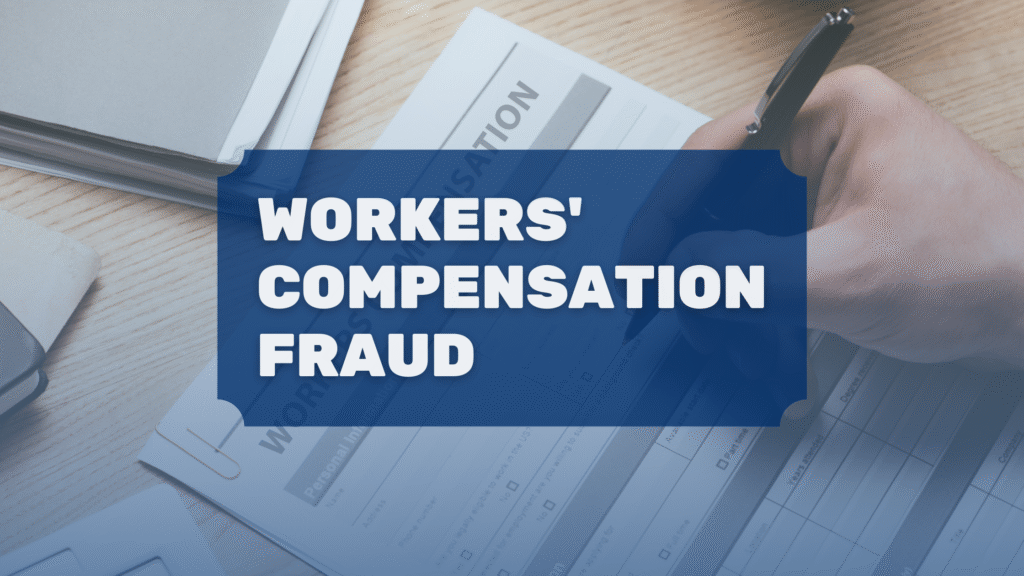June 25, 2025 | JacobiJournal.com – Fort Bend hospice healthcare fraud remains a growing concern as federal programs face ongoing exploitation. Healthcare fraud continues to plague these systems, with the Department of Justice indicting two hospice owners in Fort Bend County for their alleged role in a $87 million Medicare and Medicaid scheme. The charges, announced in June, involve fraudulent billing practices and falsified patient records that exploited end-of-life care services for financial gain.
Fraudulent Admissions and Falsified Records
According to the indictment, the defendants enrolled patients who were not terminally ill into hospice programs, contributing to the broader issue of Fort Bend hospice healthcare fraud. They allegedly forged physician documentation and backdated certifications to make those patients appear eligible for end-of-life care. Furthermore, prosecutors claim the group paid kickbacks to doctors and hospital employees to secure fraudulent referrals, deepening the extent of the healthcare fraud scheme.
Oversight Failures and Financial Damage
The scheme, which ran from 2019 to 2025, went largely undetected until federal audits in 2022 raised concerns about the ongoing Fort Bend hospice healthcare fraud. Despite these early warnings, the fraudulent billing reportedly continued, highlighting significant gaps in regulatory oversight and enforcement mechanisms. Officials state that over $110 million in claims were submitted, with approximately $87 million reimbursed by Medicare and Medicaid.
This lapse in oversight not only enabled the fraud to persist but also exposed weaknesses in the monitoring systems meant to safeguard public healthcare funds. Regulatory agencies have since emphasized the importance of more frequent audits, enhanced data analysis, and cross-agency cooperation to identify and stop such healthcare fraud schemes earlier in the process.
Patient Harm and Legal Ramifications
Many patients enrolled in hospice were unaware of their change in care status, which could have delayed or denied them appropriate treatment. The legal charges include conspiracy to commit healthcare fraud and wire fraud. If convicted, the defendants face decades in prison and millions in asset forfeitures.
A Warning for Medical-Legal Stakeholders
This case underscores the urgent need for stronger compliance systems in hospice and palliative care. Legal teams, regulators, and healthcare providers must implement better audit protocols and patient verification processes to prevent similar abuses in the future.
As healthcare fraud becomes more complex, enforcement and ethical oversight remain critical pillars of patient safety and public trust.
Learn more about healthcare fraud prevention efforts from the U.S. Department of Health & Human Services OIG.
FAQs About Fort Bend Hospice Healthcare Fraud
What is the Fort Bend hospice healthcare fraud case about?
The case involves hospice owners in Fort Bend County indicted for fraudulently enrolling non-terminally ill patients into hospice care, forging medical records, and submitting false claims totaling $87 million to Medicare and Medicaid.
How does hospice fraud impact patients?
Patients may be misclassified as terminally ill without their knowledge, limiting access to curative treatments and appropriate medical care. This can compromise patient safety and care quality.
What penalties do the defendants face in the Fort Bend hospice healthcare fraud case?
If convicted, the indicted hospice owners could face decades in federal prison, significant fines, and asset forfeiture under healthcare fraud and wire fraud statutes.
Stay updated on healthcare fraud enforcement and legal actions. Subscribe to JacobiJournal.com for weekly insights into fraud investigations, regulatory updates, and policy developments.
🔎 Read More from JacobiJournal.com:
- Social Security Insider Fraud: A Breach of Public Trust
- Financial Fraud’s Expanding Reach: One in Five Americans Affected
- Genetic Testing Scams: The New Face of Medicare Fraud
- $1 Million COVID Relief Scam Exposed: NSW Authorities Arrest Four in Fraud Crackdown
- JPMorgan’s $175M Frank Acquisition: A Cautionary Tale in Due Diligence





